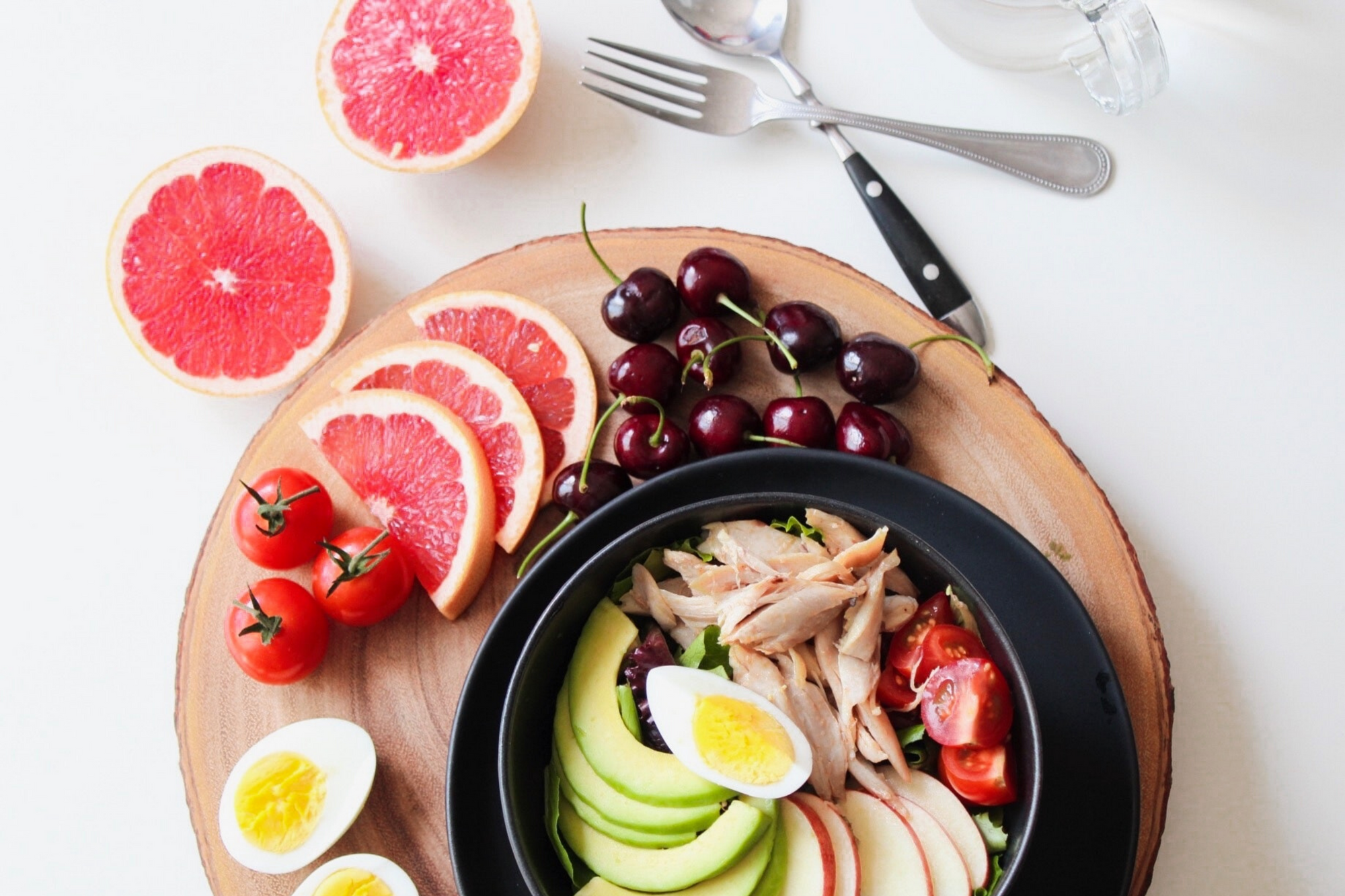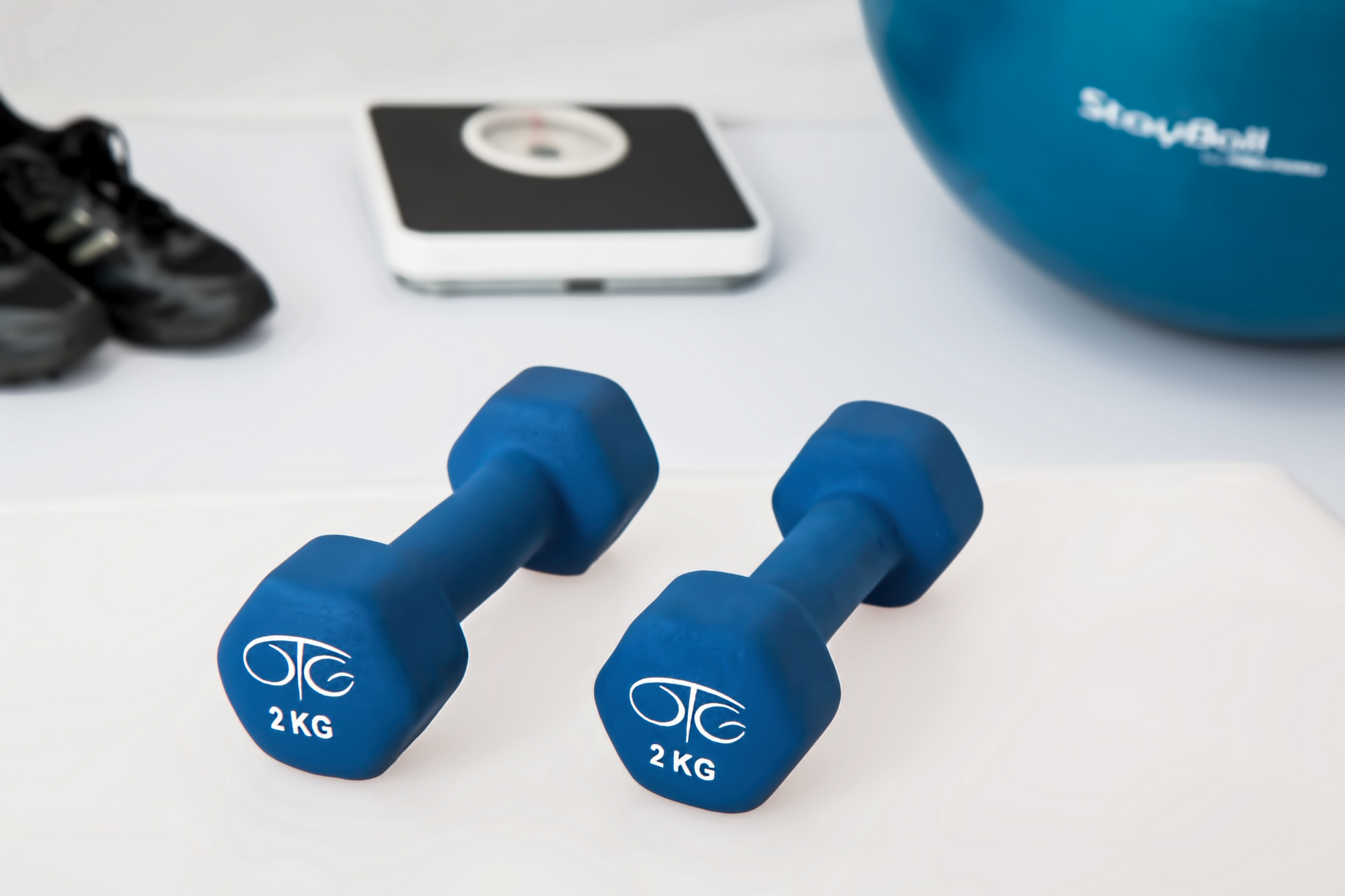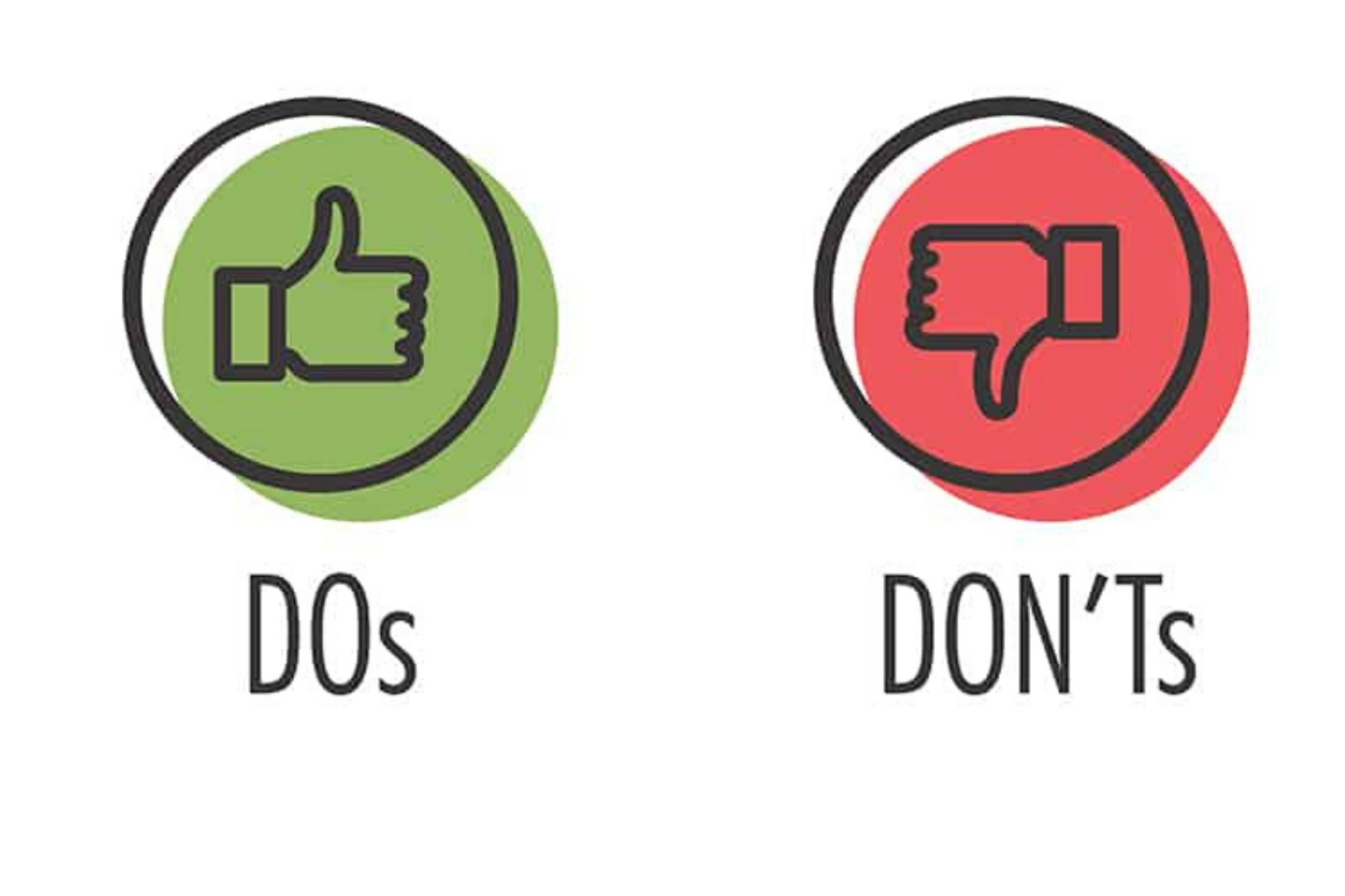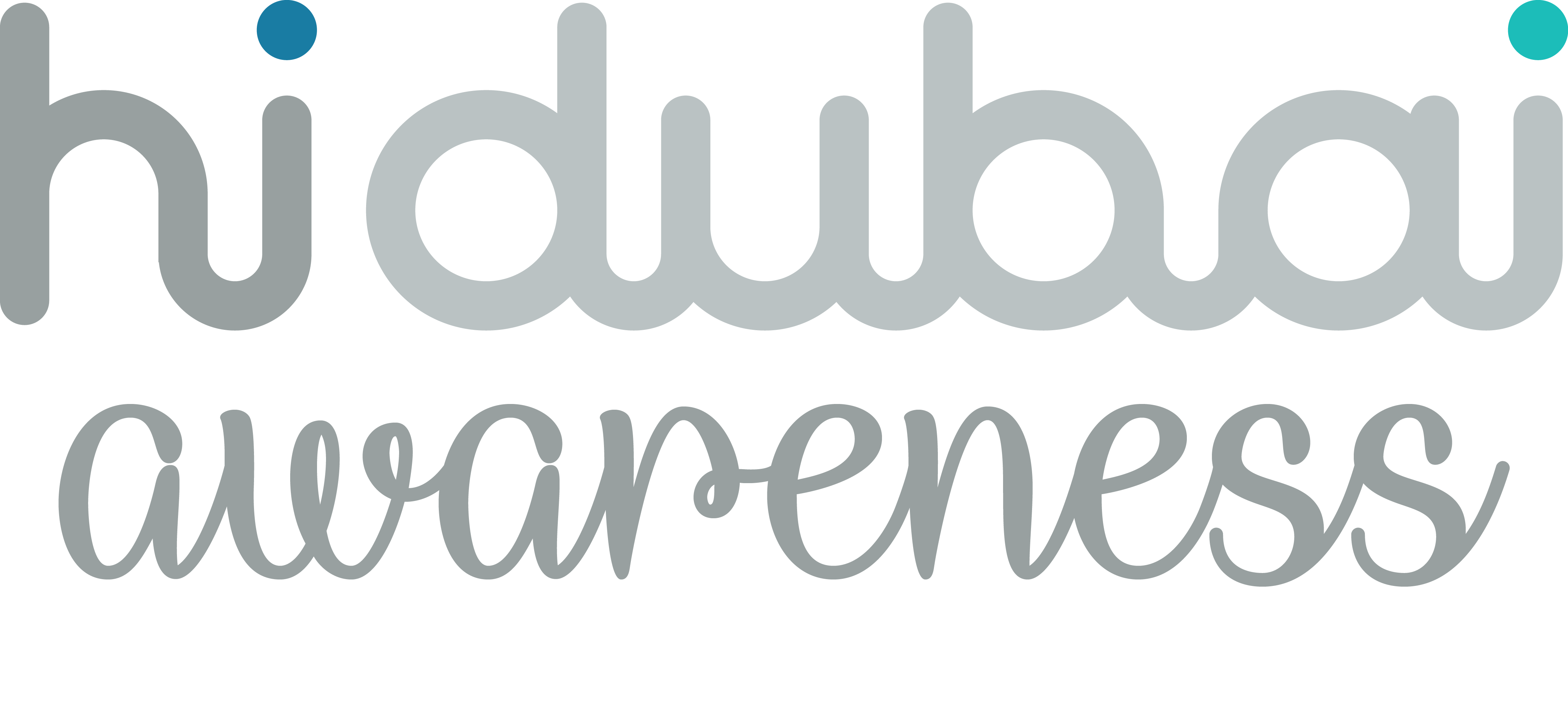Tips For A Healthier Ramadan
Staying fit, maintaining a healthy diet, and regular exercise is challenging when not surrounded by the motivational environment offered by gyms or by the company of our workout partners. Add to this the month of Ramadan that brings its own set of eating and movement challenges, the difficulty level is taken up a notch. However, preparing a healthy diet plan and managing workout sessions in high energy times can help maintain that flow of keeping fit. Even though the month of Ramadan is almost over, it's never too late to switch to a healthier lifestyle. Here are few tips on how you can accommodate your healthy living plan in Ramadan:
Nutrition

When fasting is practiced with mindfulness, with care given to what we consume during Iftar and Suhoor then this form of worship leads to many health benefits in the long run. Fasting itself is a natural form of detoxifying the body and when a nutritious and healthy eating plan is adopted alongside, the results are bound to be positive. Some useful tips to take advantage of during the time allotted for meals include:
Suhoor: A balanced and filling Suhoor is key to having positive and lasting energy throughout the day. Including a blend of proteins and carbohydrates like banana, peanut butter, avocado and berries accompanied by a smoothie will keep you full longer. This meal is meant to help you last through the day, and therefore it is essential to enrich the meal with slow-releasing carbohydrates. The healthier and nutritious the Suhoor meal is, the easier it is to spend the day focusing on worship and reconnecting with our spiritual side.
Iftar: Breaking the fast with light and nutritious food, such as soup, salad, dates and lukewarm water, can be comforting to the stomach after a long day of inactivity. A light starter not only replenishes the internal system but also preps the stomach for the rest of your meal. The lightness of the initial course abates your hunger a little for you to make sound and healthy choices for the following main course. It is vital to keep in mind that the Iftar meal is not an open buffet to overindulge in and requires some level of self-control to avoid any immediate health-related repercussions.
Fitness

Given the current situation of the world in a pandemic state and Ramadan arriving within the same time frame means that movement, if it wasn’t already restricted, becomes even more so now. Fasting can lead to low energy levels during the day and sometimes make it difficult to stay active. However, following a healthy food plan will give you that burst of energy required for your workout session later on in the day. With the changes in our schedule and lifestyle that accompany the blessed month of Ramadan, it is essential to plan exercise sessions at times that are more relevant in the result. For example, If you prefer working out on an empty stomach, then utilizing the hour before Iftar is the best option. It is also beneficial to plan your workout session before a post-workout meal. Another change that needs to be made in our exercise routine is a modified workout to avoid exhausting our body too much.
The Do's & Don'ts

It is essential that we understand that fasting though beneficial for our health in the long run, does weaken us temporarily during the day. Therefore, we should keep in mind not to exert our self to the point of complete exhaustion. Changing the regular schedule of staying active, similar to what we would do during any other time of year is a necessity to preserve energy. While practising a healthy regime, keep in mind that it is vital to practice restraint from overeating and over-exercising as well as avoiding unhealthy snacks like junk food in both Suhoor and Iftar time. It is also necessary to avoid the urge to diet, especially when our body is already exhausted from the day’s routine. A few etiquettes need to be followed during the meal times as well; this includes chewing food properly and not swallowing it whole as this may cause discomfort and indigestion, adopt a hydrating schedule that quenches your thirst and fulfils the body’s hydration need.


